
Skiddaw House is England's most remote hostel, a lone pinprick of civilisation in the heart of the northrn fells. Several kilometres from the nearest road, this former hunting lodge and shepherd's bothy can only be accessed by the public on foot or by bike. It's about the closest thing we have to an alpine style hut. Sounds great for a weekend: but what's it like living and working full time at nearly 500m above sea level, off-grid with no mains electricity, TV or mobile signal? We got in touch with the hostel's new managers Suzy Brett and Martin Lyne by carrier pigeon to find out.
- For all the info on booking and staying here see skiddawhouse.co.uk
As previous managers of Ennerdale's Black Sail, Lakeland's other remote hostel, you are no strangers to living off-grid. When did you start at Skiddaw House?
We moved in at the start of November 2015, when previous wardens Martin and Marie-Pierre retired. We'd been living in Antakya, on the Turkey/Syria border for the last two years, teaching English, and had just decided to move back to Cumbria when we found out about the opportunity. We spent the winter decorating (with down jackets and headtorches) and opened in March. Suzy worked at KE Adventure over the winter, commuting to Keswick and back every day, whilst Martin got the hostel ready. It was an interesting time for us both; Martin usually walked down towards Latrigg car park to meet Suzy in the evening, so only saw the route in the dark, whilst Suzy only saw the hostel in daylight at weekends. The commute also meant we experienced a lot of weather; some days struggling to cross becks in spate and others wading through thigh-deep snow drifts. The most memorable commute was under a full moon on a mid-January evening, when the fells were blanketed in snow. We walked the whole way without needing a torch.
How do you feel about the place, and its setting?
We love it! We'd stayed at Skiddaw House many times before as guests and always enjoyed the quietness and wildness of this part of the Lakes. But we hadn't explored the area north and east of Skiddaw and Blencathra that much. The northern fells can appear quite featureless at first but the more we explore, the more interesting and beautiful areas we find. The summits of Bakestall, Great Calva and Lonscale Fell are little frequented but afford dramatic views, and the Roughten Gill valley leading towards Fell Side is not dissimilar to the Langstrath of Borrowdale.
How has the season been going so far; is it as busy as you were expecting?
As expected from previous years' bookings, it's fairly quiet mid-week until summer (apart from the odd group booking) and busy at weekends. However, we weren't expecting the diversity in ages of guests; there are a lot more young people walking and biking than we remember from our time at Black Sail (or maybe we're just getting older!).
"As we like spending our free time in the mountains, we might as well live in them. We love the peacefulness, the fact we dont have to drive anywhere to start an adventure and that we can be the first on the top of Skiddaw without having to get up at a ridiculous hour"
How long did you look after Black Sail YH?
We were there for two seasons; 2011 and 2012. We were cycle touring in Syria when we heard the job had been advertised, and had a phone interview from a small hotel in Damascus. It was an intense place to live and work but we have many fond memories from there. We both got into fell-running whilst working there; we had a couple of very wet summers so fell running seemed to be the best way to get out on the fells.
These two hostels are famously the most remote in England - with no road access visitors have to come in by bike or on foot. What attracts you both to living and working in such isolated places?
As we like spending our free time in the mountains, we might as well live in them. We love the peacefulness, the fact we don't have to drive anywhere to start an adventure and that we can be the first on the top of Skiddaw without having to get up at a ridiculous hour. We also like working and living in isolated places like this because they seem to attract like-minded people doing interesting things.
What are some of the challenges specific to the site's remoteness, in contrast to life at a more accessible YHA?
You have to be prepared to do most things yourself (it's a long way for a plumber to come out). And planning ahead is important, especially in winter. Bringing up supplies was impossible for weeks at a time over winter, due to too much snow on the track or too much water in the ford. We generally only drive out once a week, so have to ensure we can do everything in one trip (taking rubbish and dirty laundry down, and picking up fresh laundry, food, booze and gas/coal). Communication can be difficult; we have a mobile phone with a big aerial and satellite internet, but they work intermittently at best and don't seem to like snow.
Can you describe a typical day in your routine at SH?
In the morning, one of us gets up around 7am to give the guests their (self-catering) breakfast and listen to the fell weather forecast (on Radio Cumbria). Once the guests have left, we clean the building, split some logs, do some laundry, check emails and do some maintenance. We usually have a few hours to get out onto the fells before the guests arrive (or return) for the evening. We don't open reception again until 5pm, but sometimes there will already be guests in the common room (they can get in using a key pad code). Evenings are spent chatting to guests, selling stuff from the shop and tending the fires. We generally stay up until the last guests go to bed, but it doesn't really feel like work; we've had a lot of enjoyable evenings sat around the fire with guests.
Do you find much time to get out in the surrounding hills?
Yes, it's the main reason we got into hostel work! Often we'll get a good five hours free during the day. For example yesterday we had enough time to walk over the tops (Great Calva, and Knott) to Carrock Fell and back. Sometimes we only get an hour or two, but even then we can get onto the summits of Lonscale or Great Calva. It's an ideal job for fell-runners.
"Nepalese teahouses are great; I'd like to think we capture a bit of the same atmosphere here at Skiddaw House"
What else do you do on your days off?
As Suzy can't run at the moment (she's suffering from runner's knee), we're doing a lot of cycling instead. We're both keen cyclists and had just finished a cycle tour from Turkey back to the UK when we heard that Martin and Marie were looking for new wardens. The lanes around Skiddaw are as enjoyable as any we've experienced in Europe and Asia; quiet with big views. We'll often do a circuit, calling in at our favourite pubs or at other hostels. Sometimes we'll cycle out to the coast for a change of scene, or meet up with friends in Keswick or Cockermouth. At the moment we're still enjoying having the place to ourselves on days off, but we'll probably go wild camping a fair bit in summer.
Walking and running challenges at Skiddaw House
"Weve been inspired by how many of our guests have been completing personal challenges during their stay; running or walking the Bob Graham route over a few days, running over the Wainwrights or the Cumbria Way, or devising their own hostel to hostel route around the Lakes" say Suzy and Martin.
They are inviting all walkers and runners to try their two home-made challenges at any time during the season:
Cloven Stone Challenge
A 2.6 mile dash from the hostel to the cloven stone and back; 500ft of ascent. Put in a good time for this challenge to appear on the hostel's leaders board. There will be a prize for the fastest male and female runner at the end of the season (October 31st).Skiddaw Skyline Challenge
Participants can choose their own route and complete it at any time, but must start and finish at the hostel and reach the following summits; Great Calva, Blencathra, No match for crag id:"Blease Fell", Lonscale Fell, Little Man, Skiddaw and Bakestall. A sub-seven-hour time will be rewarded with a free drink from the bar at Skiddaw House and the fastest times will be recorded on the leaders board. Suzy and Martin have done it in four hours, but reckon others might do better.
How about holidays? Most of us would retreat from day to day life to somewhere like SH or BS, but for you this is work: to escape from here do you ever fancy a beach resort, busy hotels, city breaks etc?
We're hoping to revisit Nepal with some friends in November so we're sticking with mountains! The teahouses out there are great; I'd like to think we capture a bit of the same atmosphere here at Skiddaw House. We like visiting cities in countries that we find culturally or historically interesting, but would get bored on a beach holiday pretty quickly.
No electricity, no mobile signal, no TV - it sounds like my idea of the perfect holiday retreat, but I'm not sure I'd want it full time: what do you enjoy about this less technological lifestyle?
It gives you a sense of having more time; more time for whatever you're into; reading, playing guitar, painting etc. Also, people talk to each other properly; they give their full attention to conversations when the distraction of technology isn't there. Neither of us have had a TV for the last 10 years, but we do watch films.
What do you do for entertainment on the long dark evenings?
The guests provide the entertainment! Between tending the fires, serving on the shop/bar, chatting to guests and cooking, we might do a bit of reading, but we're never at a loss for things to do. Friends come to stay quite often and BBC6 music keeps us happy too.
"The most memorable commute was under a full moon on a mid-January evening, when the fells were blanketed in snow. We walked the whole way without needing a torch"
How do you manage communications for hostel bookings etc, and staying in touch with and informed about the outside world?
We do have the internet, but it's a bit slow for browsing. The YHA take most of our bookings. We listen to the news on Radio 4 or the BBC World Service (we have a digital radio). We also appreciate it when guests bring us a newspaper.
What about keeping the shop and kitchen stocked - I imagine that's a long drive in a Landrover?
Yep it's a weekly trip to Cockermouth for supplies and laundry, and a less frequent trip to the microbrewery at Hesket Newmarket for ale. The track out is rough and steep, so we can't drive much quicker than walking pace for the first 45 minutes, and often slower because we end up herding sheep! Ice/snow/heavy rain; forget it!
At 470m it's often pretty chilly even in summer; do you still enjoy the bad weather days?
Of course we prefer it when it's warm in the day, there's a good sunset, and starry skies at night. But there's something nice about watching the rain and clouds racing past the windows from the comfort of the fireside too. If we've got friends staying on a wet day, we'll walk down to one of the local pubs or cafes; in Threlkeld, Mungrisdale or Bassenthwaite.
How do guests react to the basic facilities and away-from-it-all vibe at BS and SH? I assume some love it and come especially for this reason, but are people ever caught out by the remoteness and lack of 21st century conveniences?
There have been numerous passers-by who have got lost after their phone battery/signal has disappeared (and they're not carrying a paper map), but most of the guests staying here get what the place is about. In fact, many are pleasantly surprised by how comfortable it is! We have had to tutor several of the guests in filling hot water bottles though, it seems that this skill has been lost in this age of central heating!
Coal and log fires provide the warmth, whilst natural fleece lined walls provide the insulation, and solar panels run the hot water and lighting: I guess this is partly born of necessity, but from talking before with the previous managers Martin and Marie-Pierre I got the feeling that making the hostel greener and more self-sufficient was an important thing for them in its own right. Are you keen to keep up this work too?
We'd like Skiddaw House to be as environmentally sustainable as possible. Being off-grid makes us aware of how much energy we need / consume and how much waste we produce here. At Skiddaw House the green approach happens to be the most practical way for the place to function; however, we do believe it's something that should be important to everyone. There's more we could do here; the next thing on the list is to double-glaze the windows upstairs (as only the downstairs is currently double-glazed).
Can you tell us a little about the Skiddaw House Foundation?
The Skiddaw House Foundation is a charity that was set up in 2007 with the aim of maintaining and improving Skiddaw House in an environmentally sympathetic way. It helps raise funds for long-term improvements to the building, such as the sheep's wool insulation installed a few years ago. As Skiddaw House is an independent hostel, we rely on grants and friend of Skiddaw House membership fees for this vital work.
About Skiddaw House
Skiddaw House is an independent hostel, but can be booked through the YHA by visiting their website www.yha.org.uk or phoning their contact centre on 0800 0190 700. The hostel is open from March to October, and for group bookings over winter. Dorm beds from 15 and private rooms from 40.
For more information about Skiddaw House visit www.skiddawhouse.co.uk
- REVIEW: Trekmates Ankle Gaiters 23 Apr
- INTERVIEW: Exmoor Coast Traverse - England's Best Kept Mountaineering Secret 10 Apr
- REVIEW: Rab Muon 50L Pack 9 Apr
- REVIEW: Boreal Saurus 2.0 22 Mar
- REVIEW: The Cairngorms & North-East Scotland 1 Mar
- REVIEW: Mountain Equipment Switch Pro Hooded Jacket and Switch Trousers 19 Feb
- Classic Winter - East Ridge of Beinn a' Chaorainn 12 Feb
- REVIEW: Salewa Ortles Ascent Mid GTX Boots 18 Jan
- REVIEW: Patagonia Super Free Alpine Jacket 7 Jan
- REVIEW: Deuter Fox - A Proper Trekking Pack For Kids 27 Dec, 2023



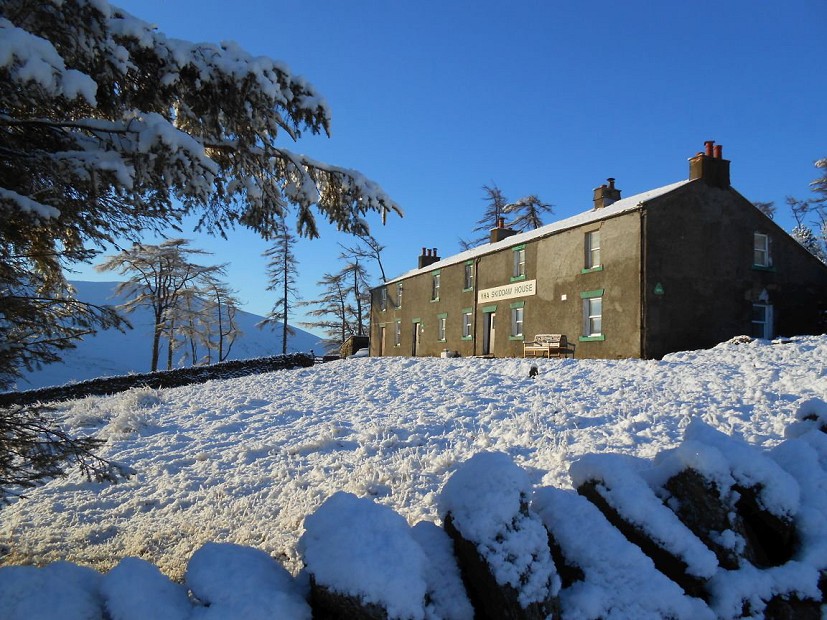
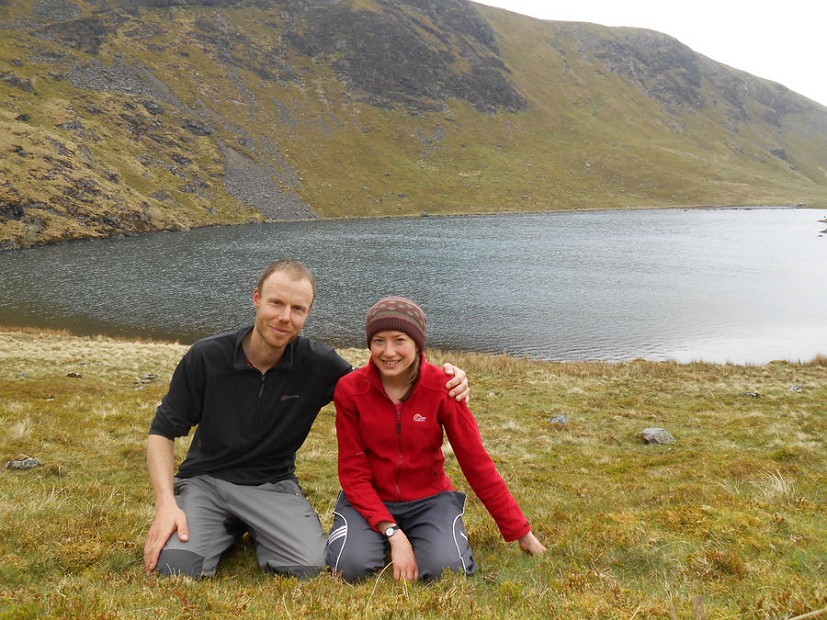
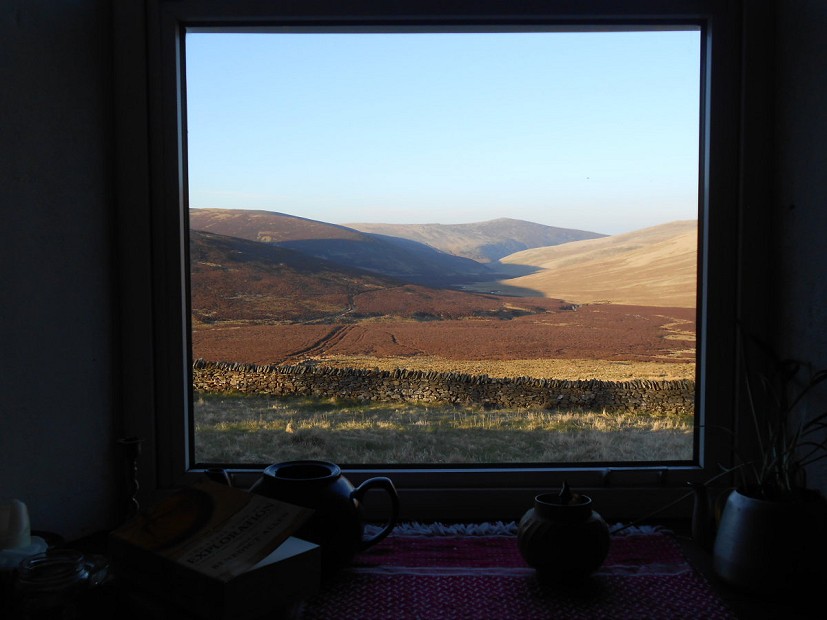
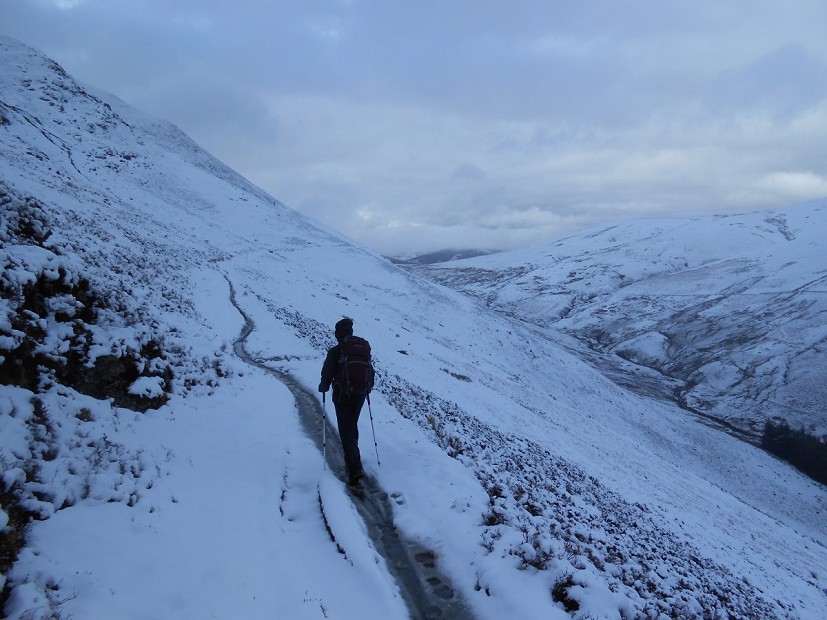
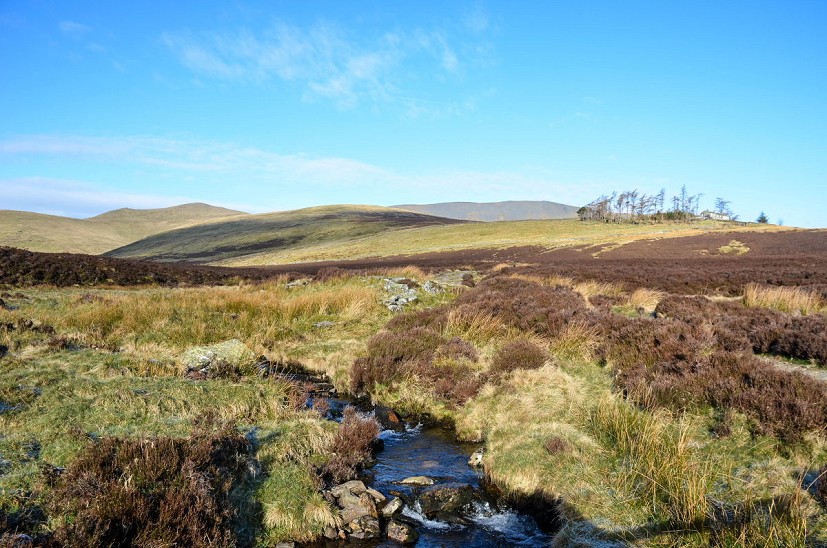
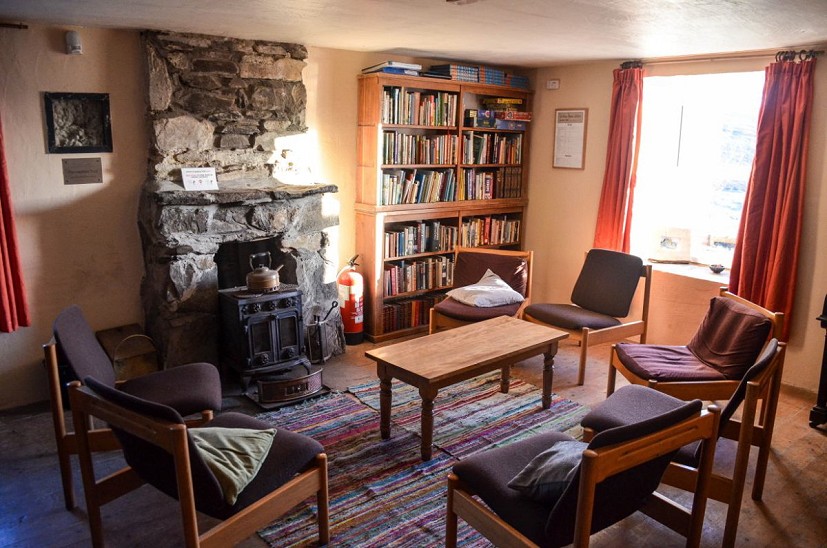
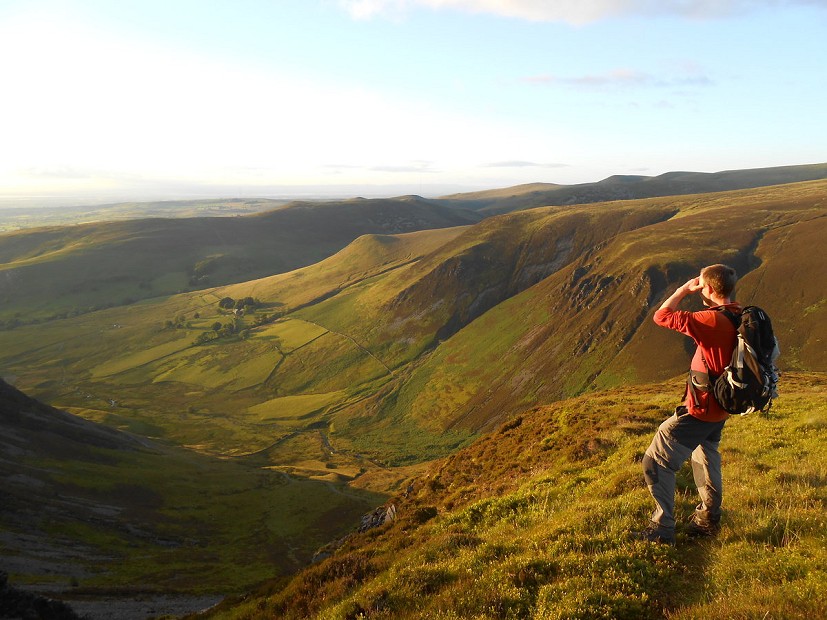
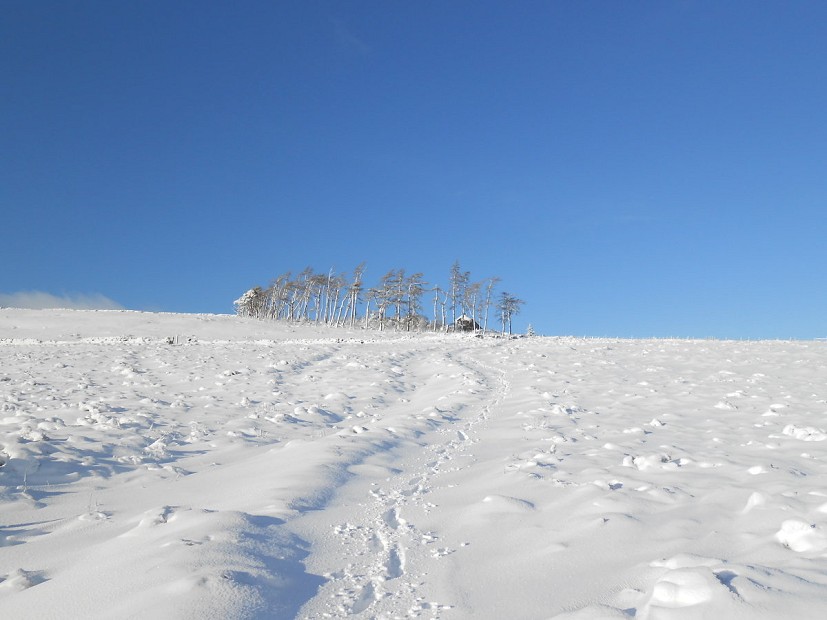

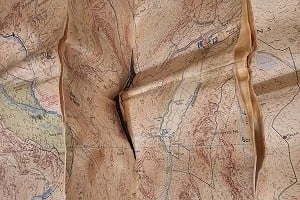
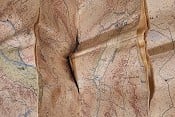
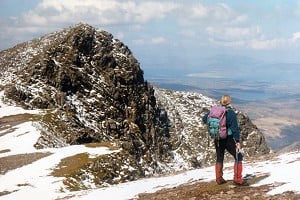
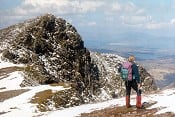
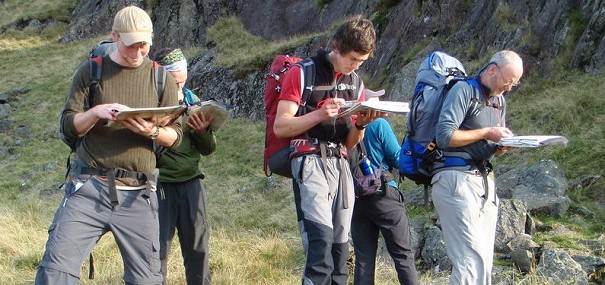
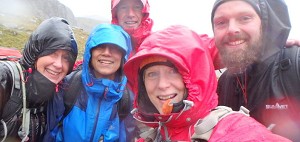

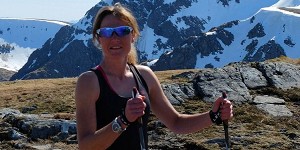

Comments